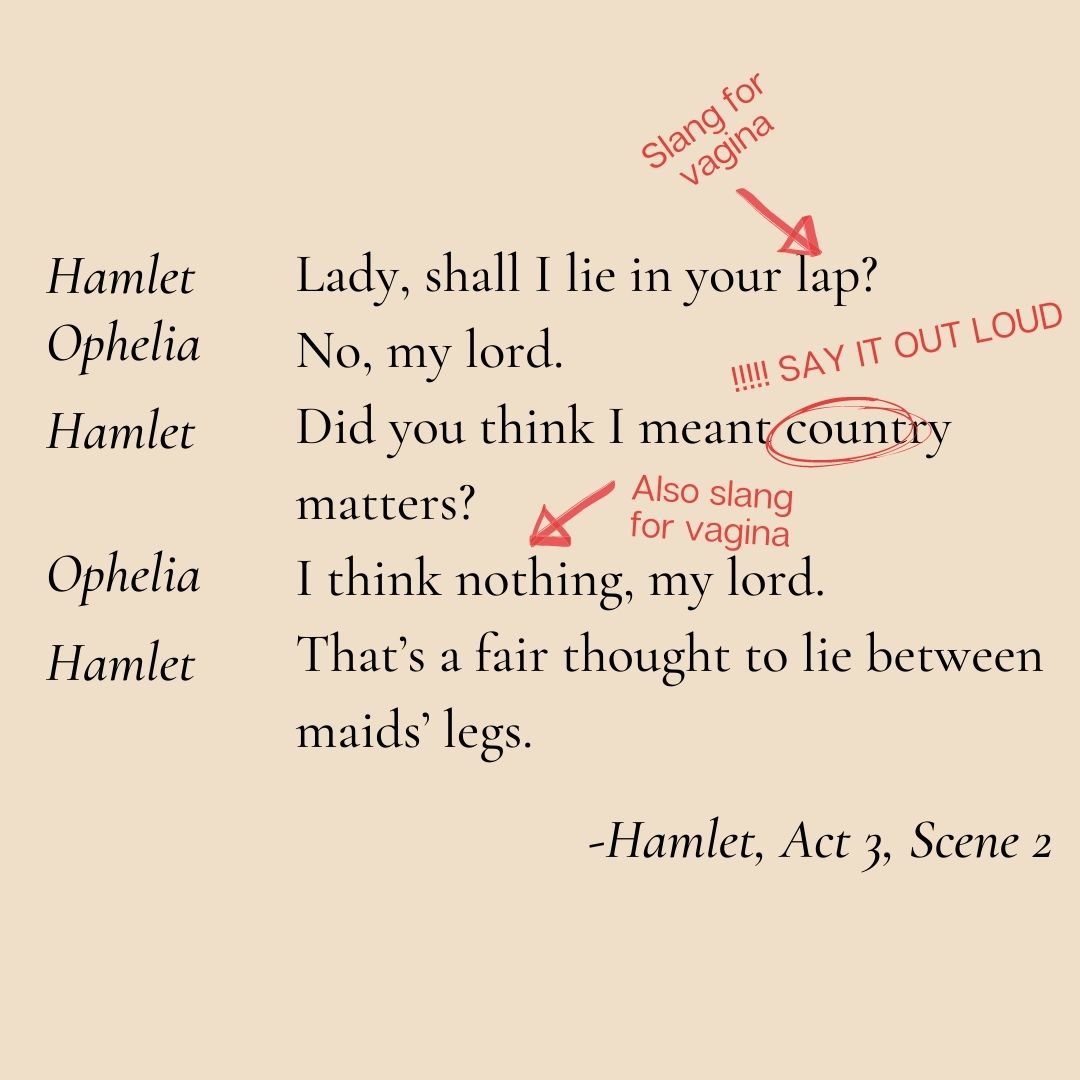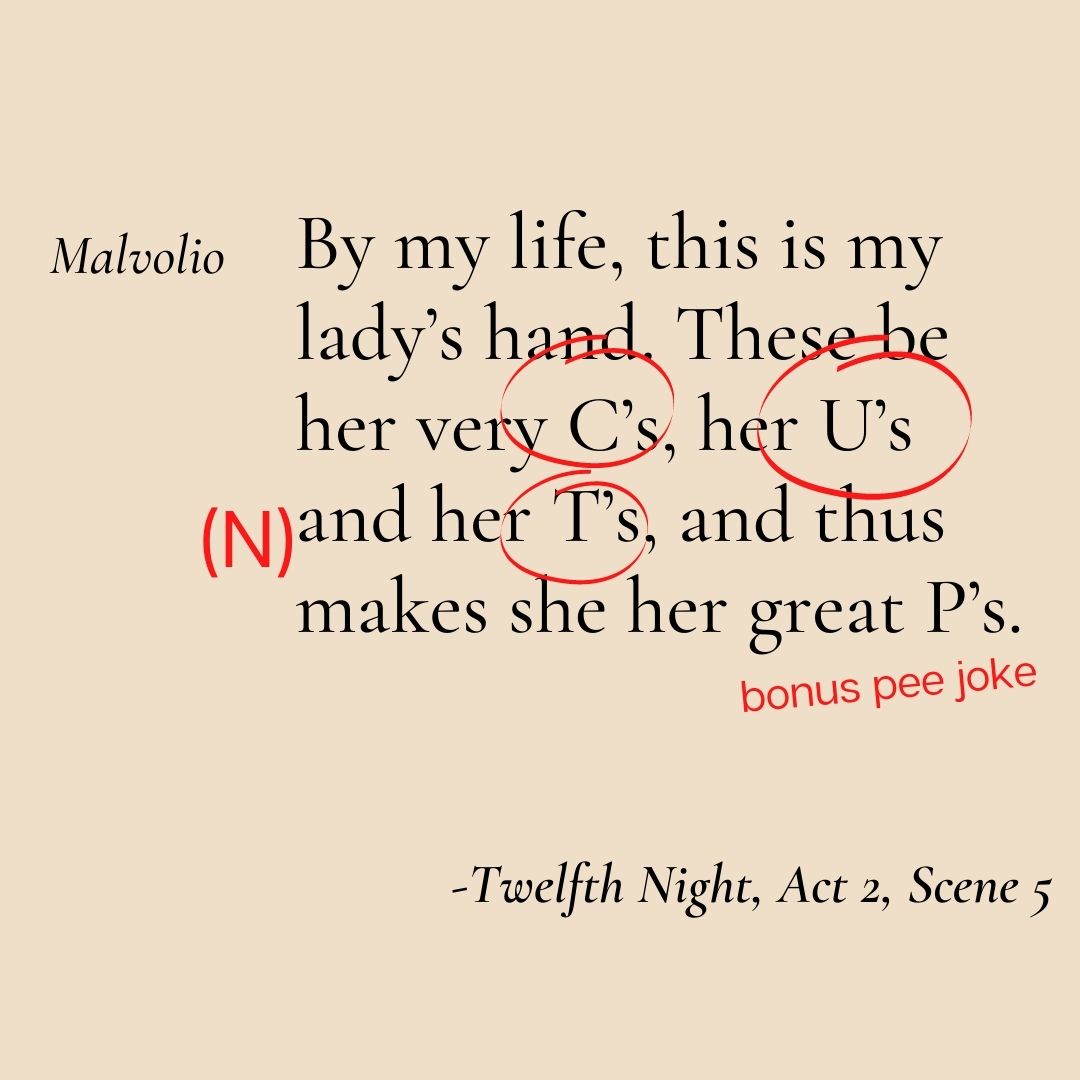
Joking aside, we'd like to take a moment to talk about how basic anatomical words like "vagina" get caught up in algorithms as obscene (and the very real struggle we face every day)
https://twitter.com/vagina_museum/status/1399722453316915202
Organisations like us, who deal with gynaecological health and/or sex education, are constantly getting flagged by digital platforms and struggle with making ourselves heard. We live in a world where stigma and shame are a very real thing.
In the digital world, many moderation processes are automated. We've moved on a little from "the Scunthorpe problem", where an English town was blocked by rude word filters because it has one in the middle of it... But not by much.
The thing about algorithms and automation is they're created by people. People teach computers the rules to follow about what is obscene and what isn't.
The tech industry isn't representative of the general population. It's very much dominated by cis men, a demographic who are (but shouldn't be) less likely to encounter anatomical words like "vagina" outside of porn.
This means when they're teaching computers about what's rude and what isn't, a bias can form.
A lot of words can be used in both a horny context and a non-horny context - from proper names of body parts to demographic characteristics to locations, you name it, it's probably a porn keyword. Often, algorithms spot the difference and don't blanket block.
But biases mean sometimes the algorithms can be more sensitive - e.g. "penis" wasn't accidentally blocked by Instagram.
Particular areas where content is more likely to be blocked is terms referring to gynaecological anatomy and LGBT+ identities.
Particular areas where content is more likely to be blocked is terms referring to gynaecological anatomy and LGBT+ identities.
On top of this, algorithms often depend on content being reported and flagged by users. And stigmatised issues - like the gynaecological anatomy - are more at risk of getting reported precisely because of the stigma.
This all leads to preposterous situations, like our Facebook Shop banning a memoir by Emmeline Pankhurst on the grounds of adult content because we have "Vagina" in our name. And we've been shadowbanned from Instagram more times than we can count.
There's also real-world consequences to these automatic processes flagging naming parts of the anatomy as obscene. It creates a vicious circle, reinforcing stigma.
A 2015 study by Ovarian Cancer Now found that 66% of women aged 18-24 were embarrassed to say "vagina", versus 11% of over 65s. Why are younger age groups more ashamed? Could it be at least partially due to the internet telling them "vagina" is a dirty word?
Despite challenges we face existing in a digital world with "vagina" right there in our name, we at the Vagina Museum refuse to compromise and game the algorithms by treating our name as though it's obscene. We believe the word "vagina" should be as normal as "nose" or "pancreas"
Say it loudly and proudly with us: VAGINA VAGINA VAGINA
And if you'd like to help a little museum of vagina out in a challenging digital environment, here's some little things you can do:
-retweet our stuff!
-tell your friends about us in person!
-drop a link to our website and shop in all your group chats!
-come for a visit!
-retweet our stuff!
-tell your friends about us in person!
-drop a link to our website and shop in all your group chats!
-come for a visit!
• • •
Missing some Tweet in this thread? You can try to
force a refresh










